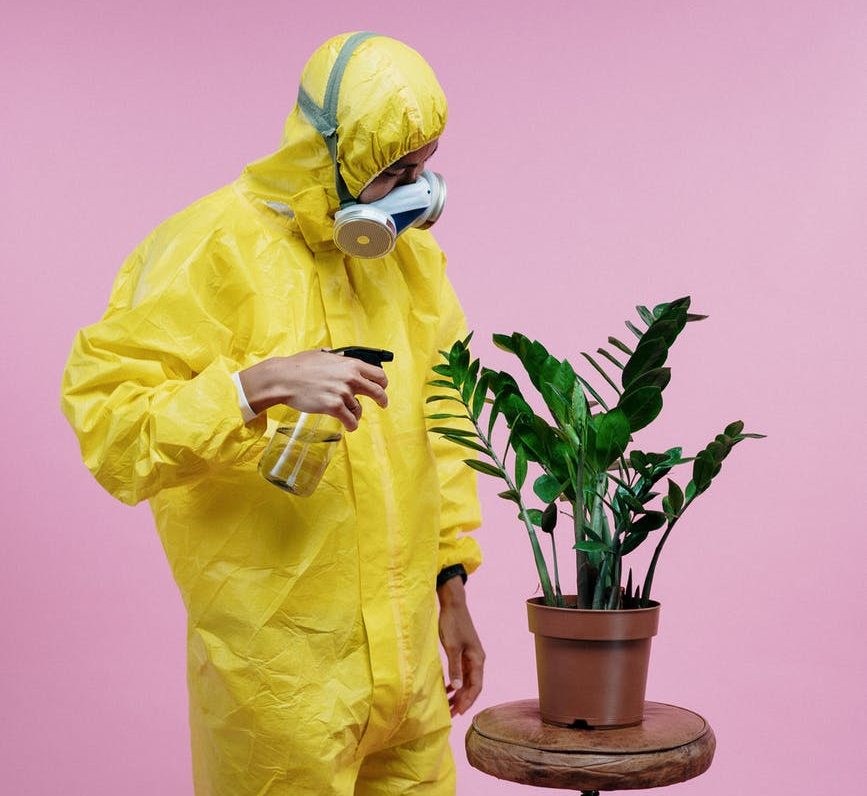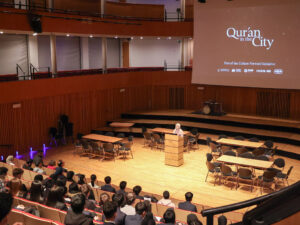Pest problems don’t necessarily require pesticides. Identify the problem, and your options to deal with it will go well beyond that chemical spray. Hand-picking weeds, pests and diseased foliage, hoeing, trapping and even washing off pests with the hose pipe can be sufficient to get acceptable control. Most bugs in your garden are actually helpful. Killing them all eliminates the beneficial insects too, making the problem worse. Learning about biological control mechanisms can help you garden in a more eco-friendly manner and save you a lot of hard work as well.
Good bugs:
- Eat pests that harm your plants (ladybirds eat aphids for instance)
- Pollinate fruit trees and berries
- Decompose plant waste and break it down into fertilizer (essential for your compost pile)
- Serve as food for birds and animals that also eat pests
- Aerate and improve your soil
Some pesticides pose a direct risk to pollinators. The elimination of bee-harming chemicals from agriculture is a crucial and effective first step to protect the health of bee populations.












